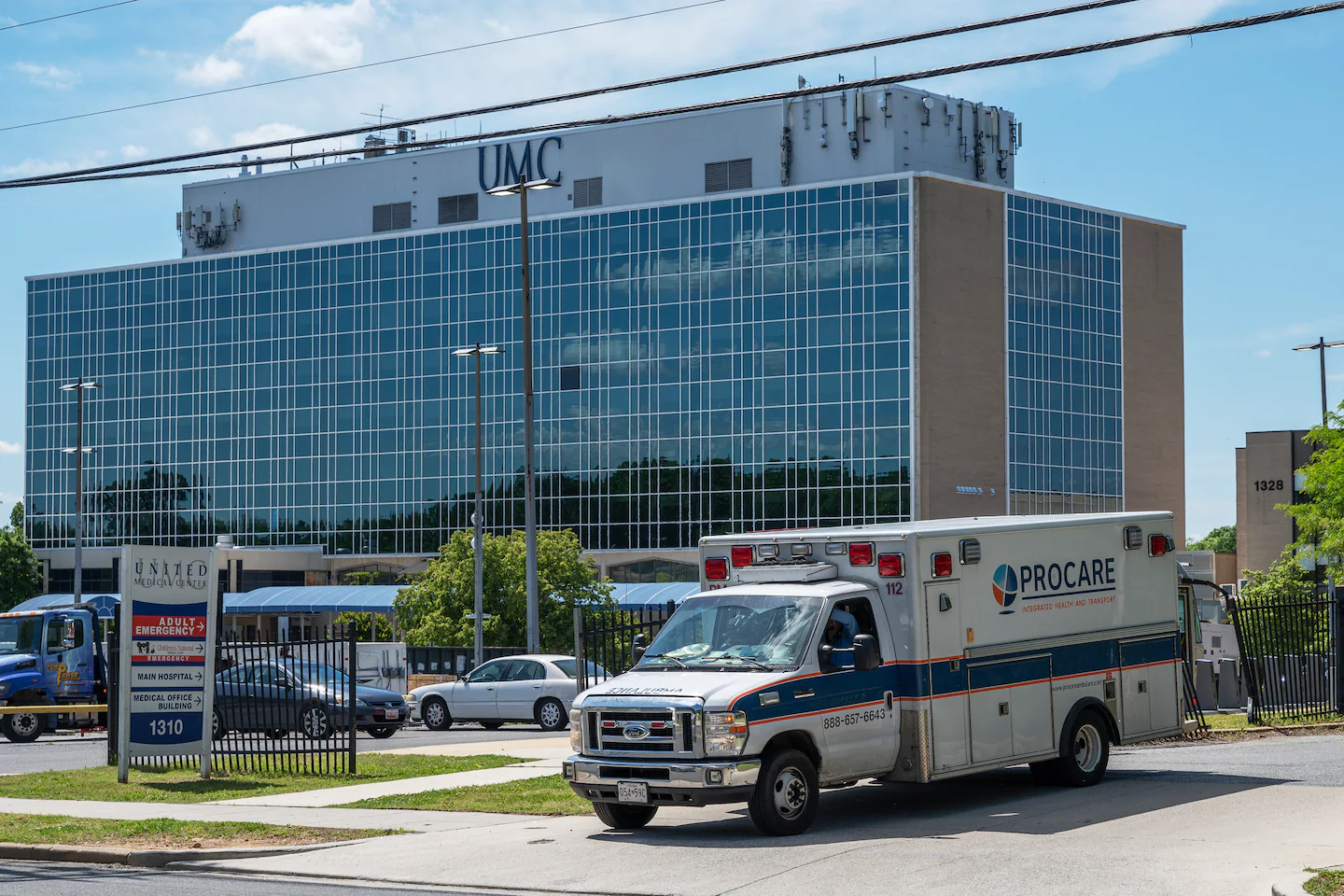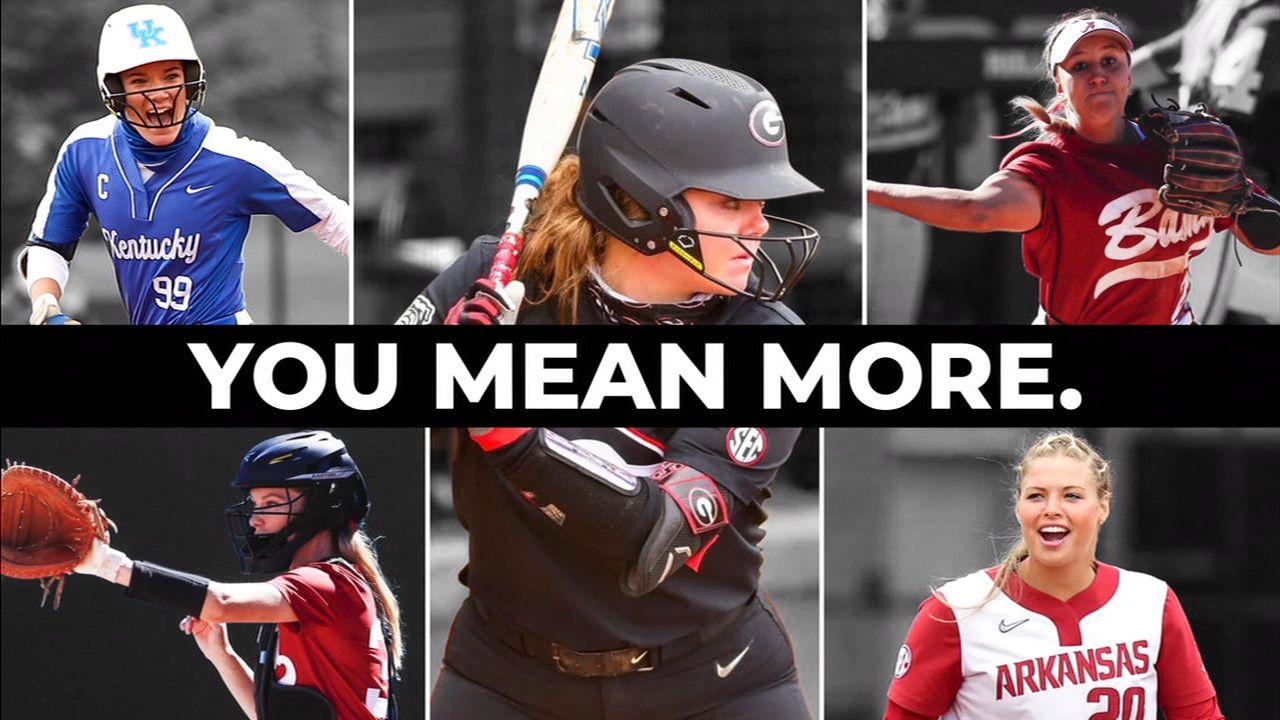[ad_1]
D.C. has a great deal to boast about. Unfortunately, when it comes to health-care services, D.C. can claim no boasting rights. On July 27, the Centers for Medicare and Medicaid Services (CMS) updated its Overall Hospital Quality Star Ratings. Nationally, about 5 percent of rated hospitals received one star, the lowest rating. Strikingly, 50 percent of D.C. general hospitals — George Washington, Howard and United Medical Center — received this troubling rating, which “is based on how well a hospital performs across different areas of quality, such as treating heart attacks and pneumonia, readmission rates and safety of care.”
No D.C. hospital was among the more than 10 percent of all U.S. hospitals to receive five stars from the CMS.
Certainly, the CMS rating system is not immune to criticism. The most notable concern is that it is intrinsically biased against urban tertiary-care hospitals that treat large percentages of poor, marginalized and medically complex patients. However, the list of four- and five-star hospitals includes many urban facilities, including Baltimore’s Johns Hopkins Hospital, which was ranked No. 5 in the nation in U.S. News & World Report’s ranking of inpatient facilities.
Furthermore, D.C.’s pipeline of providers looks similarly bleak. Out of 192 U.S. medical schools, none of D.C.’s three such schools break into the top 50 in the U.S. News ranking.
D.C. and its educational and civic institutions should be attempting to address these issues head-on, rather than perpetuating mediocrity. Accordingly, it is difficult to understand how the city could rely on Universal Health Services (UHS), which owns and operates one-star-rated GW Hospital, to manage the replacement facility for the troubled and one-star-rated United Medical Center. This question becomes even more acute after a recent Post article cited a disability rights watchdog group claiming serious problems with care at D.C.’s Psychiatric Institute of Washington, which is also owned and operated by UHS. Furthermore, the Medicare star ratings for 16 acute-care hospitals operated by UHS nationwide reveal that more than 40 percent received one- or two-star ratings. In addition, in 2020 UHS paid $122 million to federal and state governments to settle claims of having provided inadequate services.
D.C. and all of its residents deserve better health-care providers and partners.
[ad_2]
Source link



